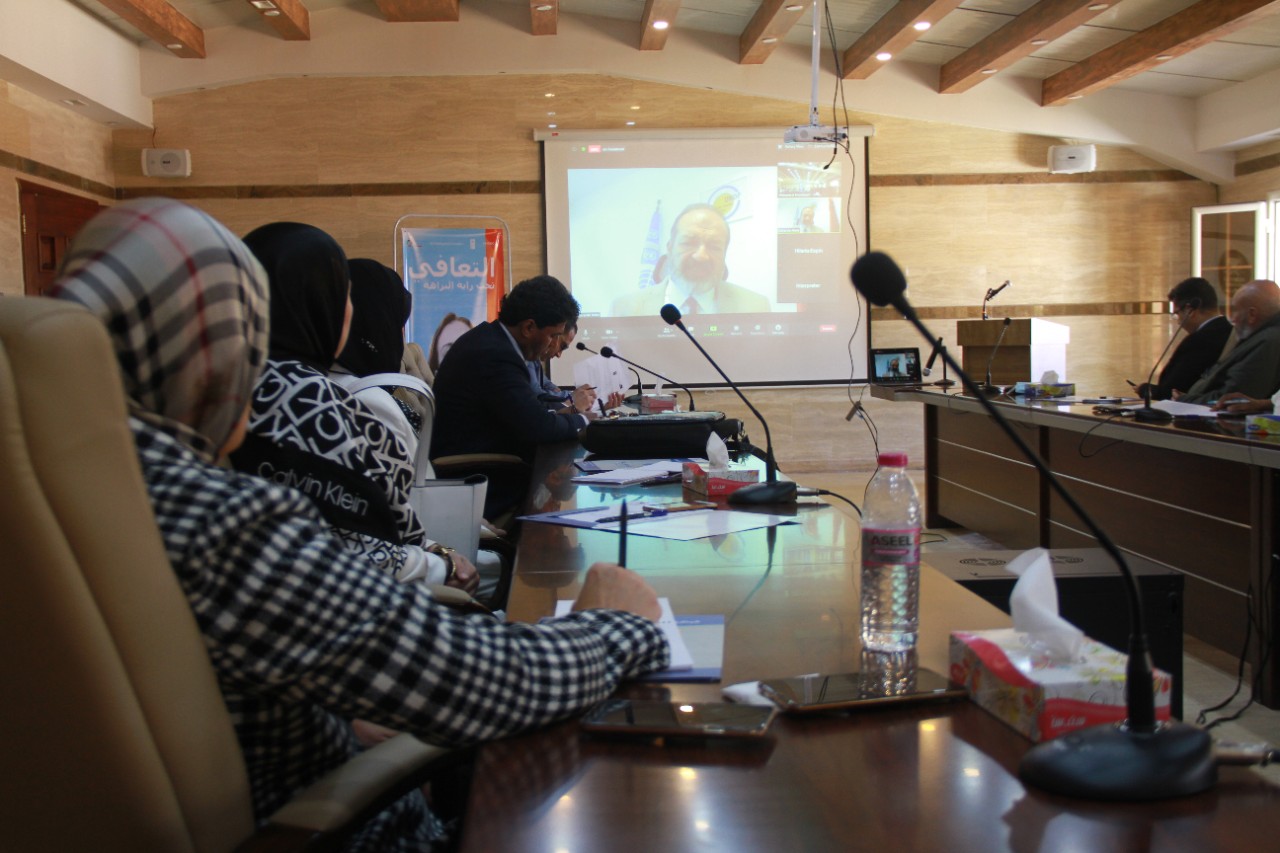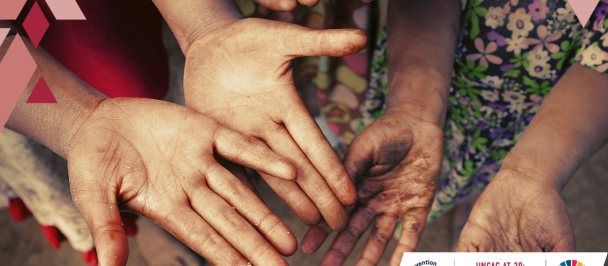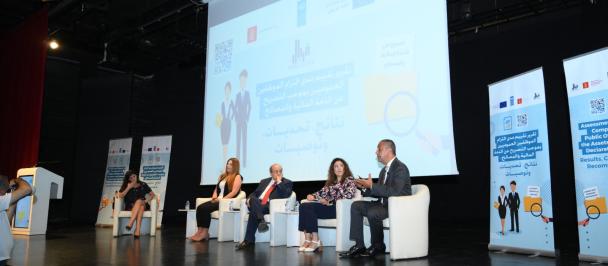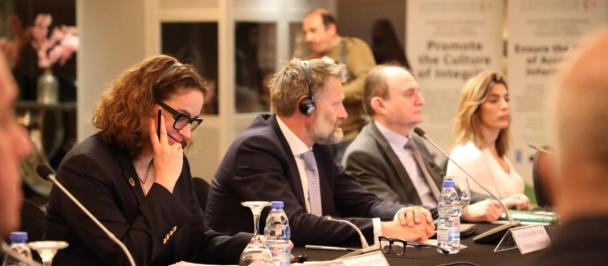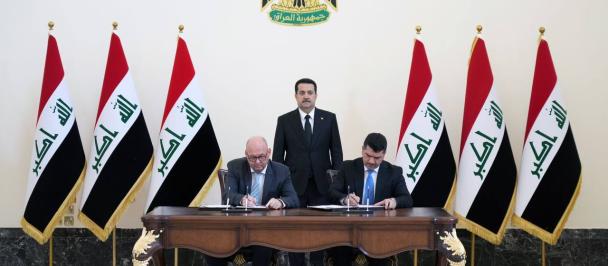UNDP marks Anti-Corrruption Day by holding Roundtable in Benghazi. Photo: @UNDP Libya/ Abduladeem Ajaj
As the devastating socio-economic consequences of the COVID-19 pandemic continue to reverberate across the globe, the virus is creating, “new opportunities to exploit weak oversight and inadequate transparency, diverting funds away from people in their hour of greatest need”.
This year’s United Nations campaign for International Anti-Corruption Day focuses on measures to reduce the risks of mismanagement and corruption without compromising the speed and flexibility demanded by the health crisis, while ensuring an inclusive recovery.
In Libya, institutions, with support from the international community, have taken significant measures to address the health emergency and to try to avoid an economic collapse. They have mobilized funds to procure medical equipment and provide an economic safety net for citizens and businesses in distress. But the urgent responses required during the pandemic create significant opportunities for corruption.
To mark International Anti- Corruption day and reflect about ways to tackle corruption in Libya to help advance the equitable access of safe and effective COVID-19 vaccines to the population, particularly for the most vulnerable and marginalized groups, The United Nations Development Programme (UNDP) has organized a roundtable in Benghazi with members of the House of Representatives, as well as representatives from civil society, and other institutions.
On his Opening remarks live-streamed on Facebook, UNDP Resident Representative, Mr. Gerardo Noto, stated: “As Libya is recovering from COVID-19, it needs to address weaknesses in governance systems and public service delivery by bringing its national legal frameworks in line with the United Nations Convention Against Corruption (UNCAC), involving strong anti-corruption bodies, improving oversight over emergency support packages, creating a more open and transparent public procurement and enhancing anti-corruption compliance by the private sector. Members of the Parliament and civil society in Benghazi and in the rest of the country have a key role to play to ensure transparency and monitoring of public national and local institutions. The participation in this roundtable set a good example of their commitment to tackle corruption in the country.”
On his part, Director of the Center for Public Administration and institutional department, Dr. Anas Beira, said: “Corruption is a problem in every state in the world. It steals resources and opportunities to improve people’s lives. In Benghazi, we are committed to tackle corruption, increasing transparency, specially to recover from the conflict and COVID-19 with integrity. We very much appreciate UNDP’s support to address this issue in Libya.”
UNDP has zero tolerance towards fraud and corruption, as stated in our Anti-Fraud Policy. We strive to prevent fraud and corruption; to ensure that every dollar spent goes to development activities; and strengthen UNDP’s status as a trusted partner in delivering development results.
For more information, or media interviews please contact: media.ly@undp.org

 Locations
Locations